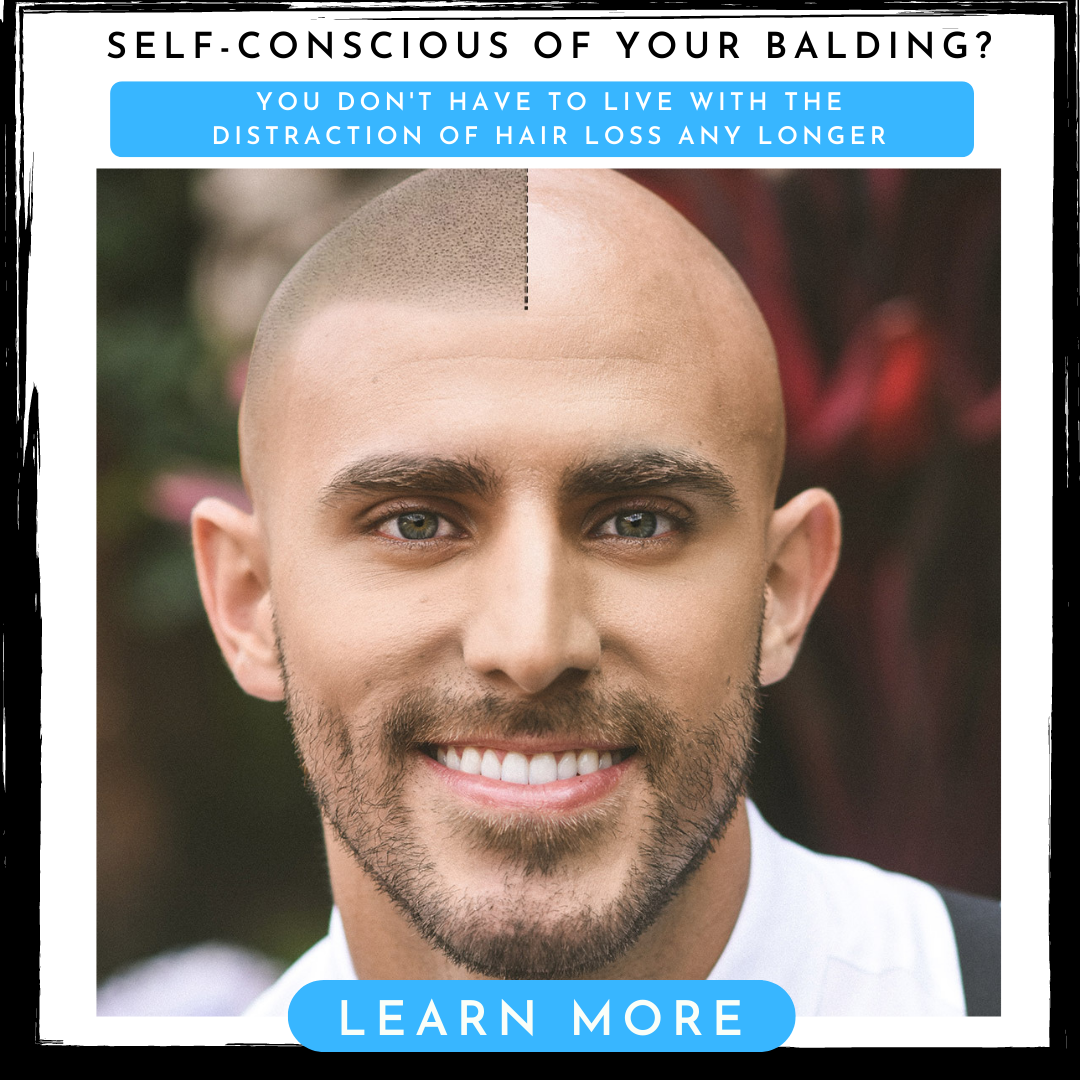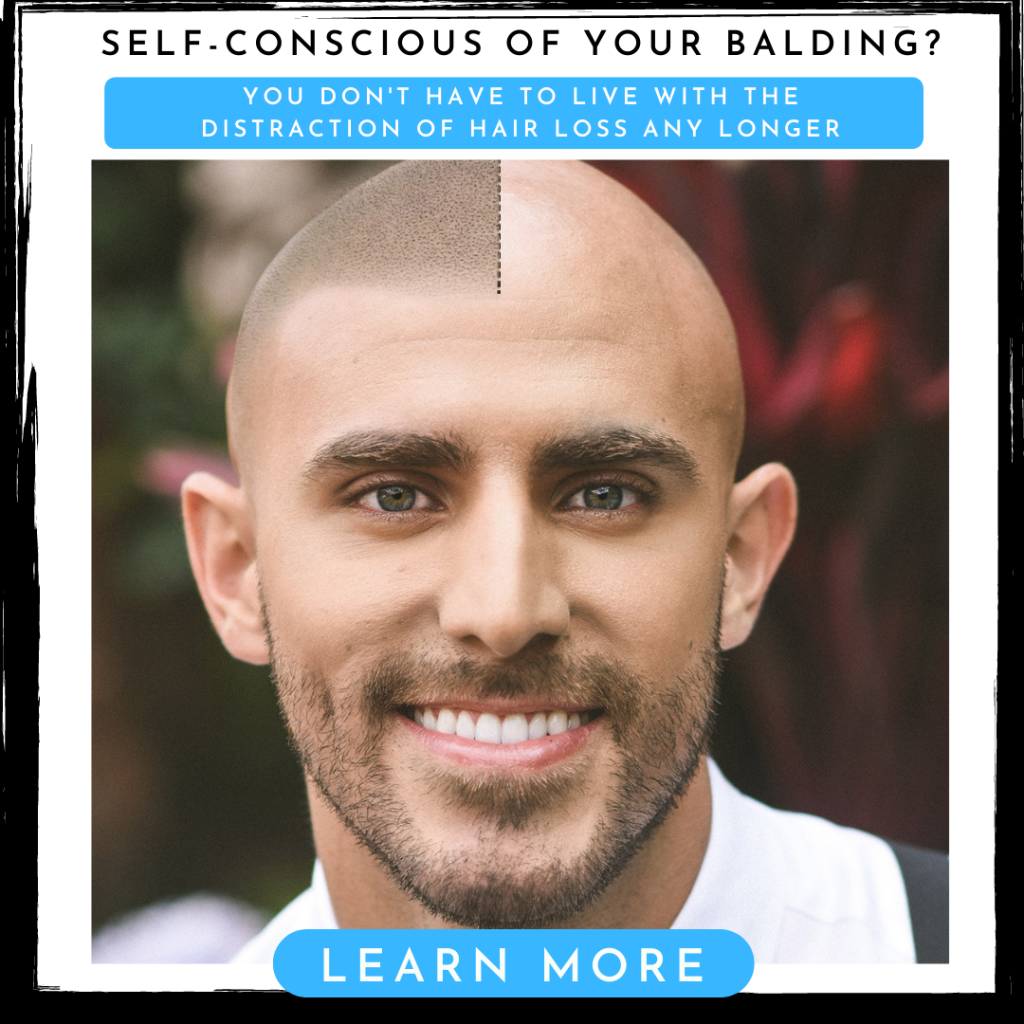When I was initially introduced to meditation, I was reluctant at first.
I thought it will only waste precious time and would rather do something else “productive”.
But when I found out the life-changing effects it had on other people, I tried it for a week, and the rest is history.
For most people, meditating once per day for 5 to 10 minutes will already make a big impact on their lives. If 5-minute sessions feel too long at first that you can’t remain still and be relaxed, then you could start with 1-minute sessions, with a goal of adding a minute for every next session until you build up to 10 minutes. It’s recommended to have 2 sessions per day.
Do not dwell in the past, do not dream of the future, concentrate the mind on the present moment.
–Buddha
Your decision to start a meditation practice will positively impact how your days, weeks, months, and years would look like in the future.
Being in a state of mindfulness, fully aware of your body, your emotions, and what is happening in your environment, will bring you that inner peace, knowing that you can respond positively and find the silver lining when you’re in tough circumstances.
Learning how to meditate is just like learning any other skill. You will need repetition and frequency to grow.
You can think of it like a muscle, and muscles grow through consistent practice and quality effort.
Also, consider how each individual is different.
The fact that each of us is unique individuals with different levels of frequency and needs would similarly affect how long we should meditate, and our responses to different meditation techniques.
Other studies found out that positive impacts in certain brain functions and wellness were documented in persons using a dosage of 20-minute daily sessions.
However, this doesn’t necessarily mean that you will only follow this 20-minute guideline in stone.
On the other hand, it does not also mean that if you practice meditation shorter than 20 minutes, all the sessions would go to waste.
My suggestion is to let experience be your guide in the long run.
Try 1-minute sessions. Try 5-minute, 10-minute, or 20-minute sessions.
You may even go for longer sessions if that is what you need or prefer.
Table of Contents
This is also a question that a lot of people that are new to meditation ask.
A decent goal would be to meditate every single day of the week.
But if that would be overwhelming to you, well, you could start out at least once a week.
Same as before, you grow from doing a session once per week, and then every week, your goal is to add another session on another day.
The important part is you have to develop a consistent schedule.
If you are consistent with what day (or days) you are going to practice, you can easily block out a specific time for that day for your session.
On the other hand, if you do not schedule, life will eventually happen and take over and you will begin making excuses that you don’t have the time or you’re too busy doing other things.
Remember what they say: “If you fail to plan, you plan to fail.”
Rarely does it happen that one single session of meditation practice would instantly deliver life-changing results.
That is why we call it “practice” because it is something continuous and not a one-time thing.
To really get my point, think of this saying:
“Consistency trumps intensity.”
What do I mean by that?
If you decide one day to go all-out on meditation and meditate for 24 whole hours, well you may experience breakthroughs and all, but most probably, because your “mindfulness muscle” has not yet been developed, the extra time you will spend beyond the “minimum effective dose” in your current level would but only be wasted.
Another thing, if ever you’ve made certain life-changing realizations while going all out, remember that a single day is only a part of 365 days that a year has.
To put it in another perspective, that is only 24 hours of the 8,760 hours that we have every single year.
Yes, you may feel the positive effects for the day, or it could even last a week, but given the circumstances that we live in right now, it is much better if you do a more frequent and consistent practice than just going all out only once.
“I fear not the man who has practiced 10,000 kicks once, but I fear the man who has practiced one kick 10,000 times.” —Bruce Lee
As I already mentioned earlier, you will have different meditation techniques and session lengths to choose from.
Start with what is tolerable based on your current skill level, and then grow from there.
The most important thing right now is to develop the habit of practicing meditation.
Research has already found out that, in order to develop a habit, you need to practice that new habit every single day, for at least 21 days.
We are talking about meditation practice here, not perfect meditation.
You can’t expect to be very effective and experience all the good things right from the beginning.
Avoid that mindset that you need to know everything first before you get started.
You just have to start putting in practice and you will be amazed at what will happen once the hours build up with consistency.
The short answer would be this: the practice of meditation, at any time of the day, can have and will have a positive result in your lives.
However, based on what we’ve talked about earlier, it is important that you block out a specific daily schedule so you can develop a routine which in turn will build your habit.
My suggestion is to meditate right after waking up.
Why? Because it will set the tone of your day right.
If you start your day with a wonderful meditation practice session, it would put you in a higher state of mindfulness that would allow optimal performance and response to whatever you will encounter for that day.
You could also try meditating right before going to bed. Most of the time, the thoughts and problems of the day seem to build up and it will keep your brain occupied even through the night. This will affect the quality of your sleep, and some can’t even unwind because of troubled, busy thoughts.
Practicing meditation before bed does not necessarily mean that you have to turn off your thoughts or feelings. You are only trying to learn to listen and observe them without having to judge or decide on it.
The goal is not to control your thoughts, but to stop your thoughts from controlling you. So, I encourage you to take that first step, and start practicing meditation right now!
The more regularly and the more deeply you meditate, the sooner you will find yourself acting always from a center of peace.
–J. Donald Walters









